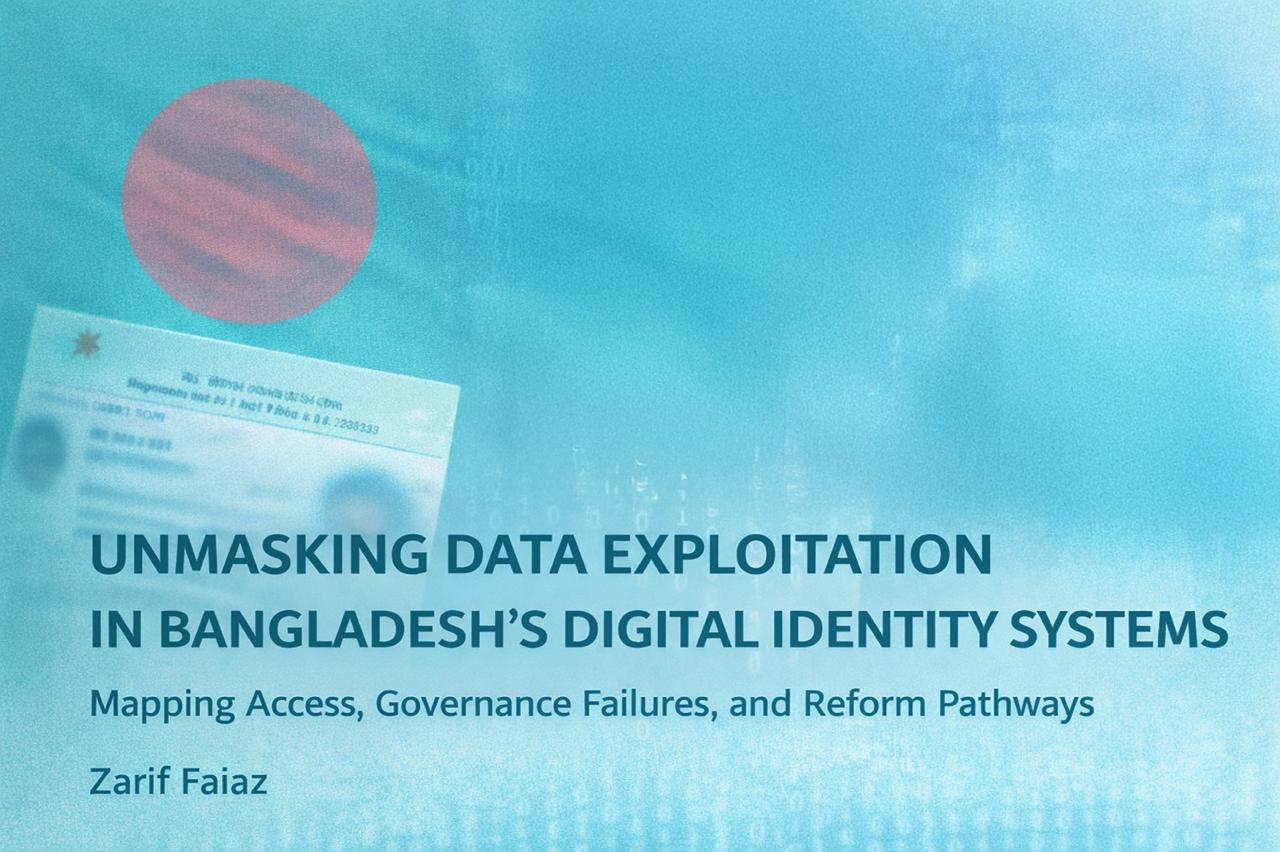Last week, Pakistan published the first draft of its National Artificial Intelligence Policy that aims to harness the positive powers of artificial intelligence in business and government while keeping an eye towards responsibility and accountability. Meanwhile, India has decided it does not intend to regulate the growth of artificial intelligence at this point to enable innovation in the sector and position India as a strategic international player. Bangladesh (National Strategy for Artificial Intelligence, 2019-2024) and India (National Strategy for Artificial Intelligence, 2018) both have previously released national policy frameworks on artificial intelligence as a growth sector.
South Asian governments are on the right track by not rushing into regulating artificial intelligence. At the same time, they cannot ignore the potential risks these models pose for their citizens, particularly among low-literate vulnerable groups. Therefore, governments should consider working together with industry and academics to establish basic guidelines as guardrails in the design and deployment of AI systems, including large language models. Specifically, forward-looking AI policies should take the following risks into consideration:
Bias and Discrimination: AI systems are only as good as the data they are trained on. Biases in training data can perpetuate discriminatory outcomes, reinforcing existing social, gender, or racial disparities. South Asian nations should actively work to ensure fairness and inclusivity by encouraging diversity in AI development teams and establishing guidelines to mitigate bias in AI algorithms.
Privacy and Data Protection: AI applications often rely on vast amounts of personal data. Robust data protection laws need to be formulated to regulate the collection, storage, and use of data, while also ensuring transparency and accountability in AI systems. Currently, Bangladesh and Pakistan’s proposed Data Protection bills have mandatory localisation provisions, which raises security and human rights concerns and could inhibit the growth of artificial intelligence sector.
Accountability and Transparency: The opaque nature of AI algorithms and decision-making processes raises concerns regarding accountability. South Asian nations should emphasize the need for transparency in AI systems, promoting explainability, and advocating for algorithms that can be independently audited. By doing so, they aim to ensure that citizens understand and trust the decisions made by AI technologies.
Socioeconomic Impact: The widespread adoption of AI has the potential to disrupt labor markets, leading to job displacement among low-skill workers and exacerbating social inequalities. There is significant emphasis on investing in reskilling and upskilling programs and exploring new opportunities for job creation in South Asian countries, however these need to be on par with recent global developments.



